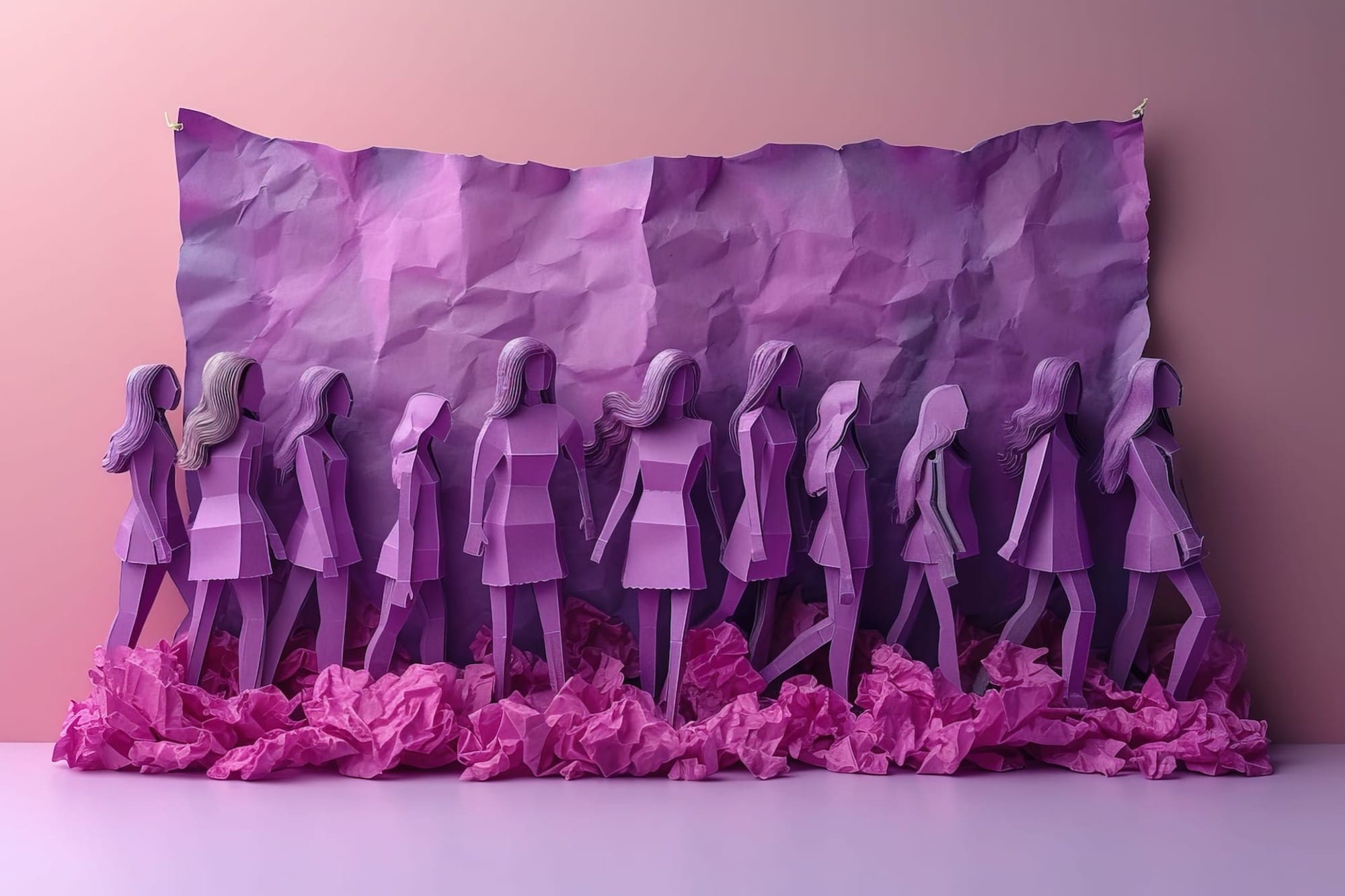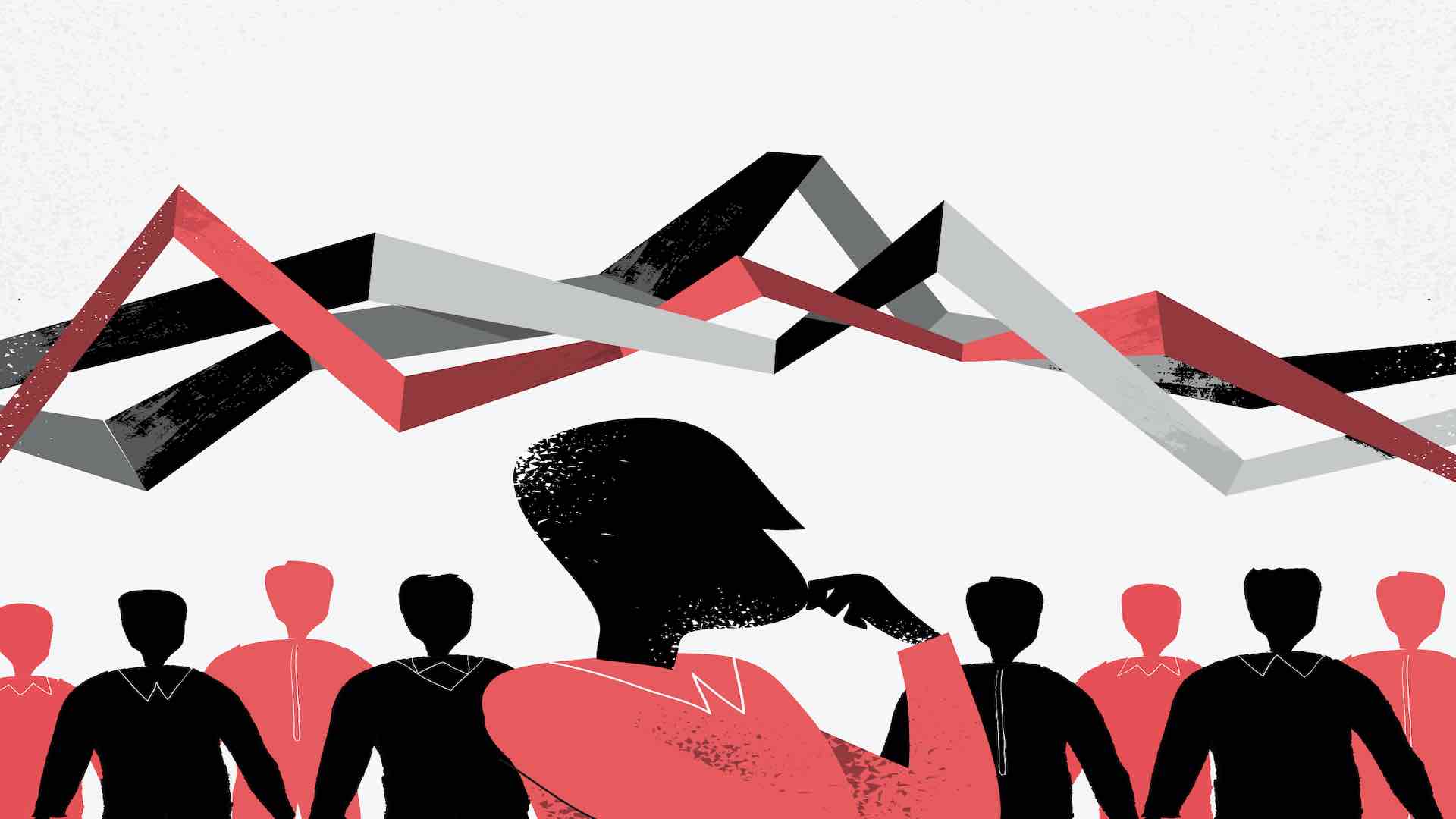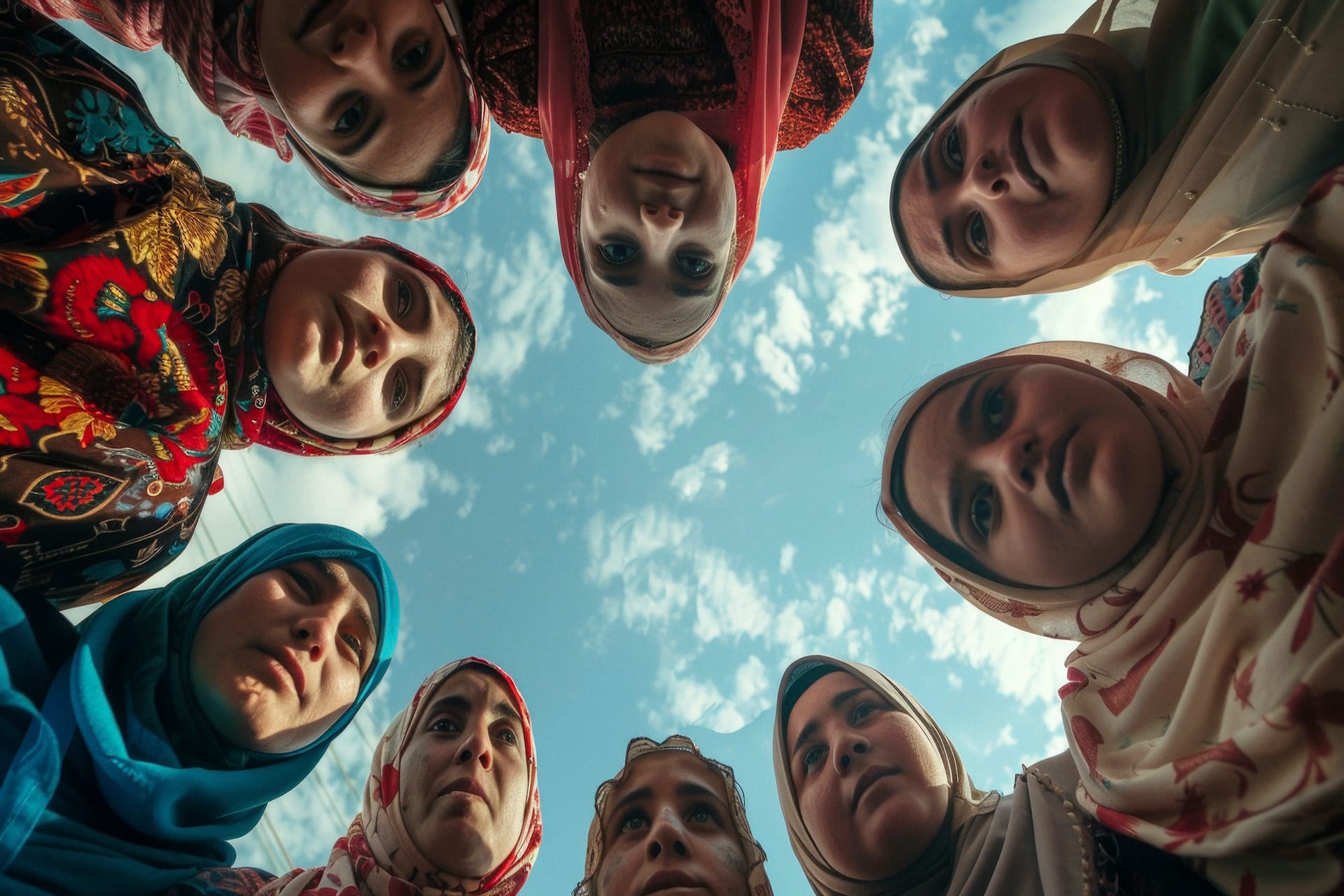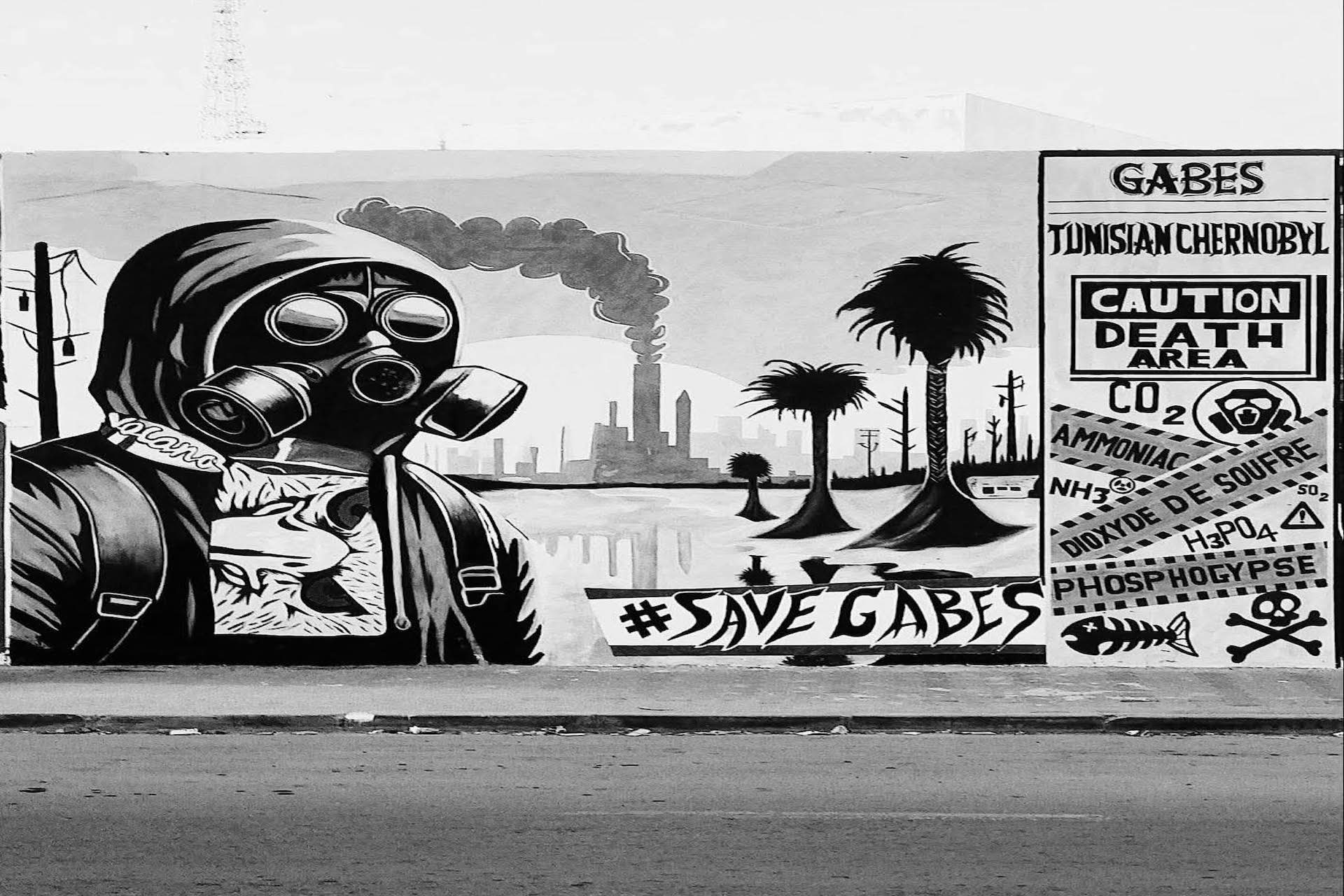Social Scandals and Illicit Activities on Tunisian TikTok
TikTok in Tunisia is rife with social scandals and illicit activities. TikTox Tunisia investigates fraud, toxic money, and the societal impact of unregulated influencer culture.
Introduction
TikTok has become a dominant platform for social interaction in Tunisia, influencing entertainment, lifestyle, and public opinion. However, beyond the playful videos and viral trends lies a darker side: social scandals, financial fraud, and illicit activities that threaten both individuals and the broader society.
From underage exploitation to unregulated monetary flows and fraudulent schemes, Tunisian influencers wield significant influence with minimal accountability. This article examines the mechanisms behind these scandals, their social and economic impact, and the regulatory gaps that allow illicit activities to persist.
1. The Rise of Influencer Culture in Tunisia
Tunisian TikTok influencers have gained widespread popularity, shaping cultural norms and public behavior. Through viral challenges, livestreams, and collaborations, they influence fashion, lifestyle, and social trends.
However, the growing influence comes with risks:
- Pressure to perform: Streamers often pursue viral content at any cost.
- Normalization of risky behavior: Dangerous challenges or provocative content can attract engagement but harm viewers.
- Financial dependence: Many creators rely on TikTok monetization, incentivizing unethical practices to maximize earnings.
2. Social Scandals and Public Controversies
Social scandals on TikTok often involve:
- Inappropriate or explicit content: Some creators push boundaries that conflict with social norms.
- Targeted harassment: Livestreams and comment sections sometimes become venues for cyberbullying or threats.
- Influencer feuds: Public disputes can escalate, drawing attention and encouraging toxic participation among followers.
These scandals not only affect the influencers themselves but also impact communities and public perception, raising questions about ethics and responsibility.
3. Financial Exploitation and Toxic Money
Monetization on TikTok provides opportunities, but also avenues for abuse:
- Unregulated gifts and donations: Viewers send money through virtual coins, often without clear oversight.
- Fraudulent schemes: Some influencers may solicit funds under false pretenses, promising rewards or prizes.
- Money laundering risks: High-value transactions may be exploited to move illicit funds through the platform.
This toxic money ecosystem undermines trust, exposes creators to legal consequences, and harms financially vulnerable audiences.
4. Exploitation of Vulnerable Groups
One of the most concerning aspects of Tunisian TikTok is the exploitation of minors and vulnerable users:
- Young audiences may be encouraged to spend money on gifts or participate in risky challenges.
- Underage influencers may be coerced into creating inappropriate content.
- Scams and misleading campaigns exploit naive users for profit or influence.
Such practices pose ethical and legal challenges, highlighting the need for protective measures and stricter enforcement.
5. Cross-Border Financial Risks
Many Tunisian TikTok accounts receive international support from diaspora communities. While beneficial for creators, cross-border flows also create loopholes for illicit activity:
- Undeclared income may bypass taxation, creating a shadow economy.
- Virtual gifts or sponsorships can be used to funnel money without oversight.
- International donors may unknowingly support fraudulent or politically motivated content.
These flows complicate regulation and expose both creators and audiences to legal and financial risk.
6. Impact on Governance and Society
Unregulated TikTok activity affects society and governance in multiple ways:
- Erosion of trust: Frequent scandals diminish public confidence in social platforms and influencers.
- Political influence: Some illicit campaigns subtly shape opinions, affecting elections or policy debates.
- Cultural shift: Viral content can normalize behavior or attitudes that conflict with social norms.
By shaping opinions and behaviors, TikTok influences the social and political landscape in Tunisia, often without accountability.
7. Regulatory Gaps and Challenges
Regulation in Tunisia struggles to keep pace with the platform’s growth:
- Financial oversight of virtual gifts and donations is minimal.
- Content moderation is inconsistent, allowing harmful or illegal material to persist.
- Cross-border transactions complicate taxation and anti-fraud enforcement.
These gaps allow social scandals and illicit activity to flourish, emphasizing the need for legal reform and enhanced digital governance.
8. Recommendations and Solutions
TikTox Tunisia advises:
- For creators: prioritize ethical behavior, transparency, and compliance with local laws.
- For platforms: strengthen moderation, track suspicious financial activity, and implement child protection measures.
- For regulators: establish clear laws on digital finance, content ethics, and cross-border transactions.
- For audiences: engage critically, avoid supporting fraudulent schemes, and report misconduct.
By addressing these areas, Tunisia can mitigate risks while preserving the positive potential of TikTok as a cultural and social platform.
Conclusion
TikTok in Tunisia offers creativity, connection, and economic opportunity, but it also harbors significant risks. Social scandals, illicit financial activity, and exploitation of vulnerable users threaten societal norms and public trust. TikTox Tunisia continues to investigate these dynamics, exposing toxic money flows, fraudulent practices, and ethical breaches, while advocating for transparency, accountability, and safe digital engagement.
Call to Action
👉 Follow TikToxTunisia.com for in-depth reports on social scandals, financial fraud, and the societal impact of TikTok in Tunisia. Stay informed and support ethical online communities.













